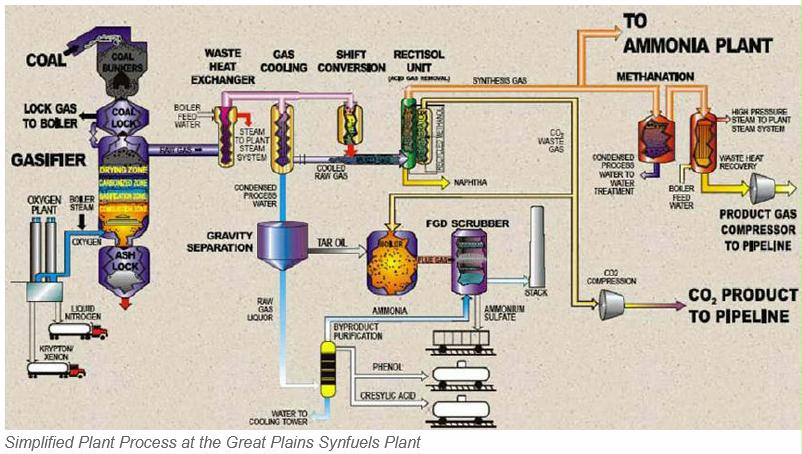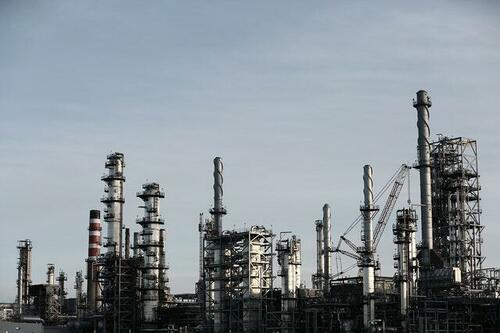Media outlets tend to make it sound as if all our economic problems are temporary problems, related to Russia’s invasion of Ukraine. In fact, world crude oil production has been falling behind needed levels since 2019. This problem, by itself, encourages the world economy to contract in unexpected ways, including in the form of economic lockdowns and aggression between countries. This crude oil shortfall seems likely to become greater in the years ahead, pushing the world economy toward conflict and the elimination of inefficient players.
To me, crude oil production is of particular importance because this form of oil is especially useful. With refining, it can operate tractors used to cultivate crops, and it can operate trucks to bring food to stores to sell. With refining, it can be used to make jet fuel. It can also be refined to make fuel for earth moving equipment used in road building. In recent years, it has become common to publish “all liquids” amounts, which include liquid fuels such as ethanol and natural gas liquids. These fuels have uses when energy density is not important, but they do not operate the heavy machinery needed to maintain today’s economy.
In this post, I provide an overview of the crude oil situation as I see it. In my analysis, I utilize crude oil production data by the US Energy Information Agency (EIA) that has only recently become available for the full year of 2021. In some exhibits, I also make estimates for the first quarter of 2022 based on preliminary information for this period.
[1] World crude oil production grew marginally in 2021.

…click on the above link to read the rest of the article…










